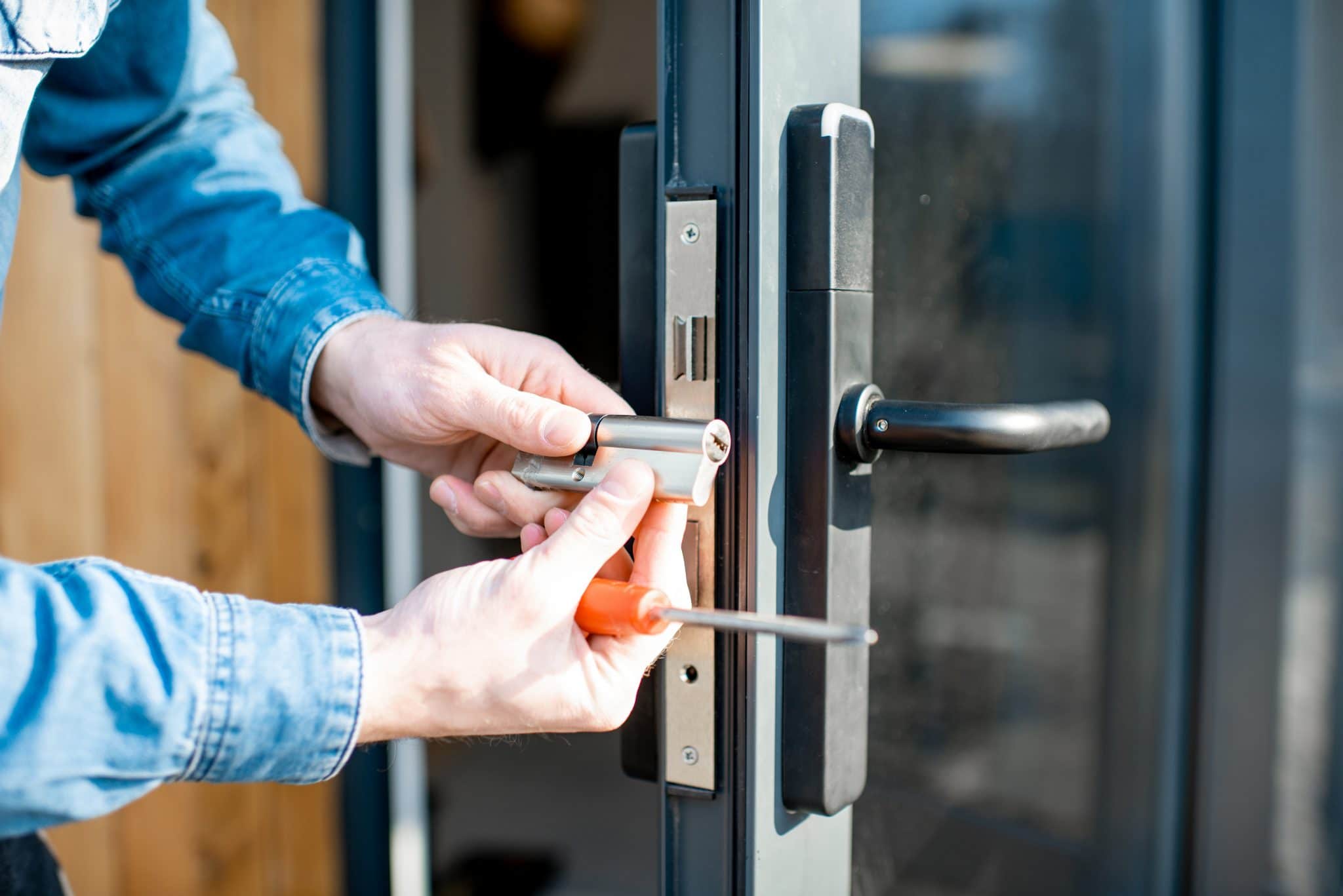About a half-dozen residents gathered around a folding table in an unheated community room at Westwinds Mobile Home Park to spark more interest in their bold, yet overlooked, gambit: buy their 80-acre park on prime, North San Jose property.
But to do it, they need wide support from the 1,600 residents of the city’s largest mobile home park.
They tossed out ideas to get neighbors to support their audacious plan. Put up a lending library and draw people with a collection of potboilers and romances. Sponsor a spay-and-neuter clinic. Invite mayoral candidates to speak to residents.
It won’t be easy. The Westwinds group needs to convince enough of their neighbors to join a co-op, hire a room full of lawyers and real estate mavens, raise $500 million, more or less, and buy the land underneath their Silicon Valley homes.
“I don’t want to fight for my home every year,” said Jim Canova, a 35-year resident and board member of the nascent Westwinds Residents Organization, which is working to form the co-op.
Canova is part of a small, dedicated group of mobile home residents organizing to hold back a wave of redevelopment and delay a looming deadline that could close the park. It may be a longshot — Apple, Google and other and major developers are already planting stakes in North San Jose for new commercial and industrial campuses.
The pressure on Bay Area mobile home owners has only mounted with escalating property values that top New York City prices. Many of the rare havens of affordable housing have been bought and sold in recent years, as new owners have redeveloped properties or driven up rents.
The Westwinds residents group has been knocking on doors, holding regular meetings, and collecting modest donations and memberships to drive up interest. Institutional investors and philanthropies have successfully backed similar efforts by mobile home residents to buy parks around the country — but few this big, rarely in Silicon Valley, and probably never bidding for land alongside the world’s richest tech companies.
The North San Jose site, assessed at $12.8 million but worth perhaps 40 times more, has been a mobile home park since the 1970s. But early last year, the clock started ticking loudly on the survival of the 723-home community.
The park’s longtime owners, the Nicholson Family Partnership, plan to terminate their contract with property manager MHC when it expires in August 2022. MHC has sued, seeking to preserve the park and claiming the owners want to evict residents before the contract ends. The owners dispute the charges.
The San Jose City Council responded by passing an ordinance last year protecting residents of Westwinds and the city’s 58 other parks by slowing down the redevelopment process and requiring more rigorous development reviews. The city also requires displaced mobile home owners to receive moving expenses and fair compensation for their homes.
But Westwinds homeowners — a mix of blue-collar workers, small businessmen and women, public employees and retirees spending more than 30 years in the park — want more protection. The median household income of the community is $61,500, a little more than half the level of surrounding communities.
“We have a finite amount of affordable housing,” Canova said. “It makes no sense to take it away.”
The group has explored one pathway with Resident Owned Communities USA, a nonprofit that helps mobile home owners convert their parks. The firm advises residents and helps negotiate potential financing and sales when a majority of homeowners agree to form a co-op. “People run the community together,” said ROC president Paul Bradley.
Rent increases at resident-owned parks are generally less than 1%, while corporate-owned communities have increased about 4% annually, Bradley said.
The co-op owns the property; a homeowner’s board sets space rents and budgets for long-term improvements to roads, water systems and common areas. When residents sell their homes, they transfer their share of property ownership to the new buyer. Any sale of the entire property must be approved by all residents.
But rallying support in Westwinds has been difficult. About 120 residents have signed intentions to join a co-op and 300 people have joined its Facebook group, organizers said. To form a co-op, at least 362 Westwinds homeowners have to agree.
It’s hard, but not unprecedented.
About 180 California parks are resident-owned, according to a survey by the Mobile Home Park Home Owners Allegiance. Fewer than 10 Bay Area parks are resident-owned, including two in Santa Clara County, Paseo de Palomas in Campbell and Woodland Estates in Morgan Hill.
Marguerite Sinnett, a Woodland Estates homeowner and former board member, said Westwinds residents could be challenged to raise the money for a purchase. Only three California parks owned by co-ops are larger than Westwinds, and the most recent converted in 1989.
But Sinnett said the advantages for homeowners are enormous. Her monthly payments are about $400, well-below market-rate rents. “No one can put you out,” said Sinnett, who helped guide Woodland Estates to build a $3 million reserve for future road and water improvements. “We’re not interested in making a profit.”
The Westwinds residents have distributed flyers, and buttonholed friends and neighbors in the community’s public spaces.
“Everybody who lives here understands this is affordable housing in Silicon Valley,” said Patrick Grimes, president of WRO. Grimes, a public school teacher, moved to the park in 1992 as an alternative to buying a home outside the Bay Area. Typical park rents are between $1,500 and $1,800 a month, about one-third the market rate for a similar single-family home in San Jose.
Grimes has tried to drum up support, but many residents feel the City Council protections will be enough. Others are expecting a buyout. “We’re kind of stalled,” he said.
Dexter Goody, a security guard and homeowner since 2007, sees Westwinds’ location near light rail and sprouting new tech offices as too tempting for developers to pass up. The current owners and city leaders have said many encouraging words about protecting residents, he said, but “there’s no guarantee it will stay that way.”
Bob Staedler, principal of Silicon Valley Synergy land use consultancy in San Jose, estimated the park could command between $4.2 and $6.7 million per acre — putting a sale price of between $330 and $540 million. “We’re talking major amounts of money,” he said.
The Nicholson family declined to comment on a potential offer from residents, citing concerns about the lawsuit. But in a statement, the trust wrote: “The family is receptive to working with all stakeholders, including the City of San Jose, MHC and the Westwinds residents. Our goal is to collaboratively find a viable solution that protects the residents while helping to address the City’s dire need for additional affordable housing.”
Canova, a candidate for state senate, said more needs to be done to preserve affordable housing.
He and his wife raised two children, made regular improvements to their home, and forged a lifetime of bonds to their community. He wants the same opportunity for other young families.
“When people from Atherton and Woodside call for a plumber, a contractor, a detailer,” Canova said, “where do they think they’re coming from?”





More Stories
What are the roles of civil engineers in construction projects?
A Developer’s Dream: Achieving Full Stack Mastery with Logicmojo
Top 5 Benefits of Working with a Professional Locksmith